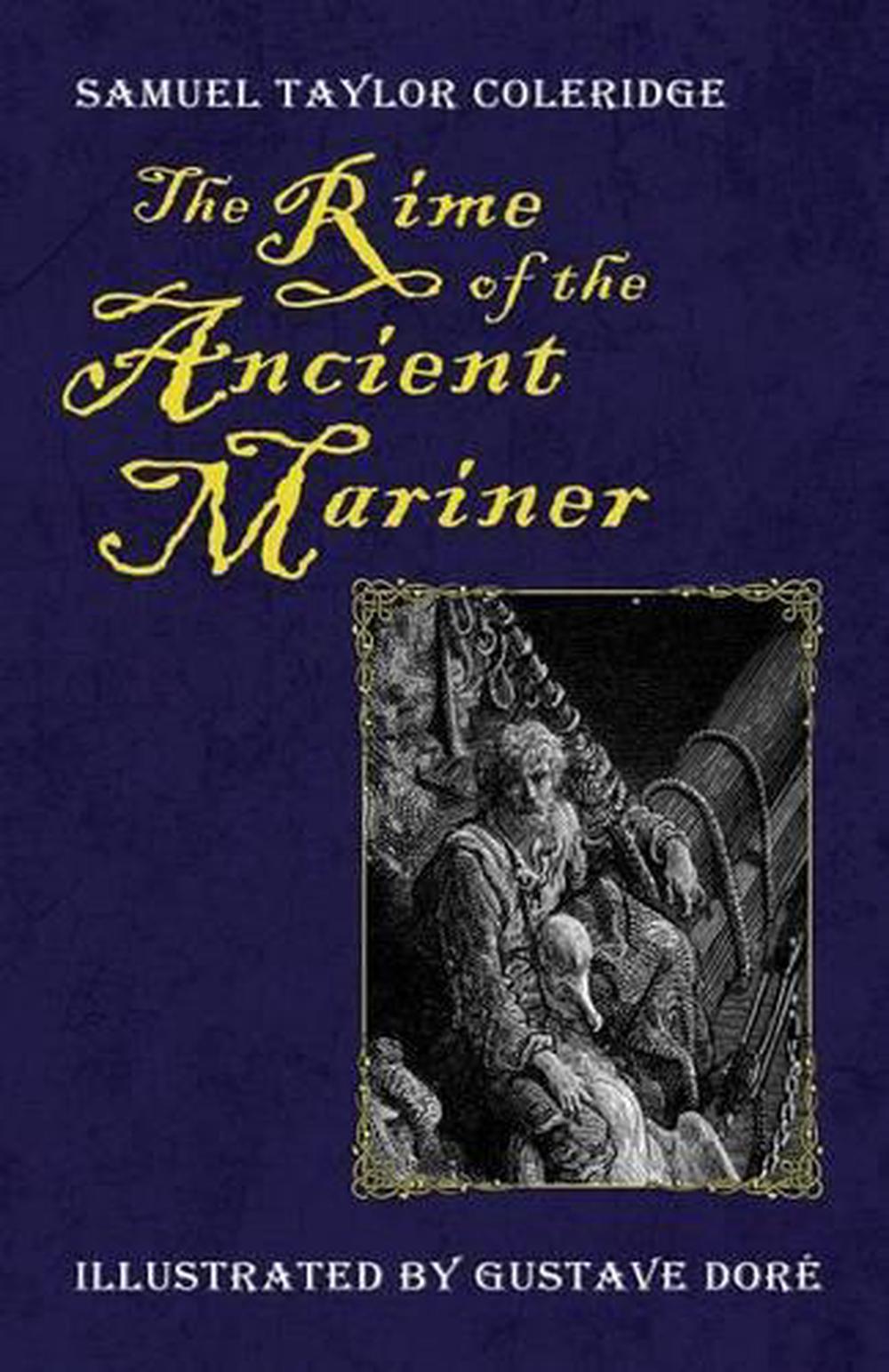
As the ship pulls even closer, the Mariner can see that it is manned by only two entities, Death and Life-in-Death. Not only is it moving when there is no wind, but, as it passes in front of the sun, it looks to be a skeleton ship. However, the Mariner soon notices that the ship is strange. Still unable to speak, he bites his arm and sucks out some blood so that he can remark to the sailors. The Mariner spots another ship approaching. They place the corpse of the albatross around the Mariner’s neck, to remind him of the terrible thing he has done. The sailors become so thirsty that they are unable to speak. The sun burns too hot, there is no water, and slimy sea creatures can be seen sliding around on the top of the sea. The sailors blame the Mariner as the wind stops and the ship is stuck once more. However, for some inexplicable reason, the Mariner kills the bird.

The sailors feed and play with the albatross (a bird of good fortune) and the ice breaks and the ship is freed. The ship is driven by the wind to the South Pole and is stuck there in the ice, until an albatross appears out of the mist. The weather is good and the ship sails well until a storm hits as they reach the equator. The Mariner’s story begins when he is much younger and is on a ship with 200 other sailors. The Wedding Guest tries to get away from the Ancient Mariner, and continue on his way with his friends, but he finds himself drawn to the old man’s eyes.
:max_bytes(150000):strip_icc()/GettyImages-526929016-5aea6d1eae9ab80037b84446.jpg)
The man is with two companions the group is on its way to a wedding party. The poem opens as the Ancient Mariner, unnaturally old and with a “glittering eye,” stops a man in the street (1). As his punishment continues, and he is unable to die, he must travel the globe, telling his story to strangers and teaching to them the lessons he has learned. However, by learning to love, the Mariner is partially absolved. The poem is a tale of crime, punishment, and redemption: a Mariner shoots an Albatross (a bird of good fortune) and is gravely punished by an extraneous force for this act.


 0 kommentar(er)
0 kommentar(er)
